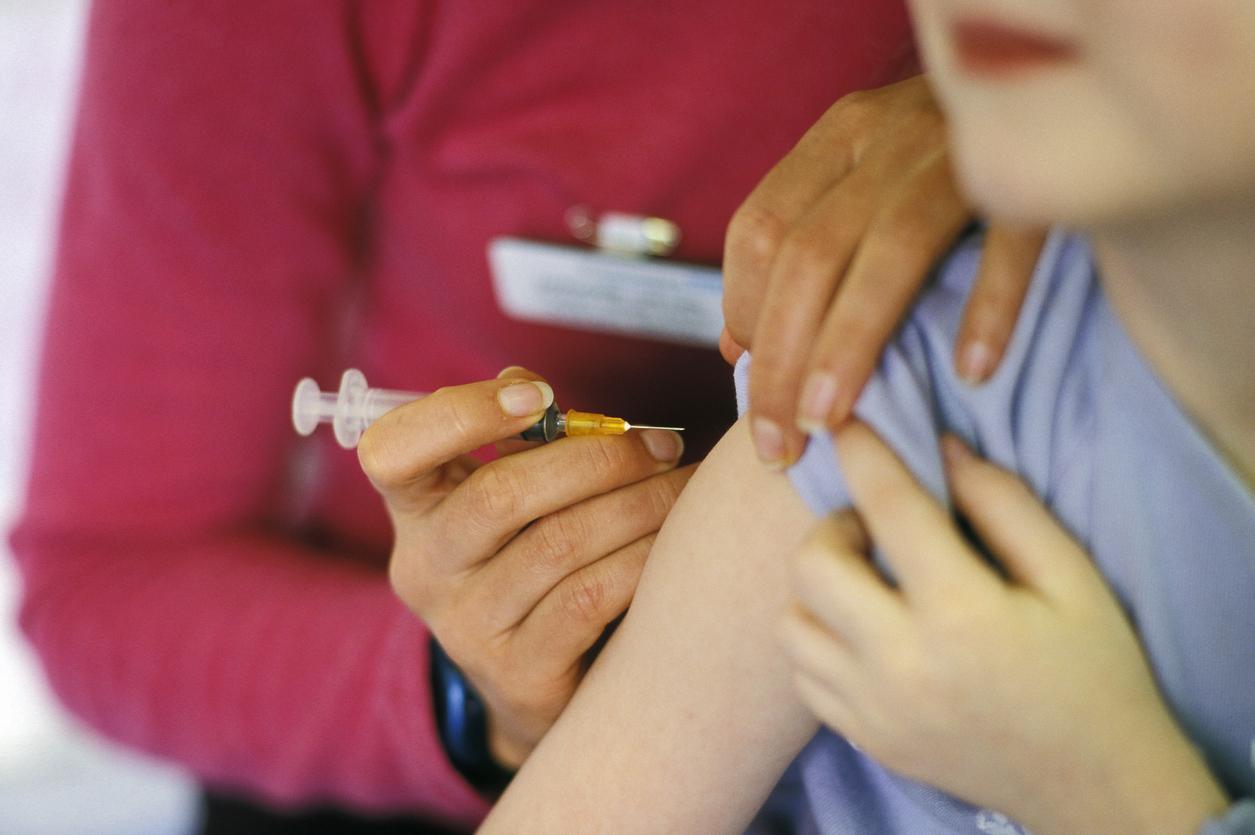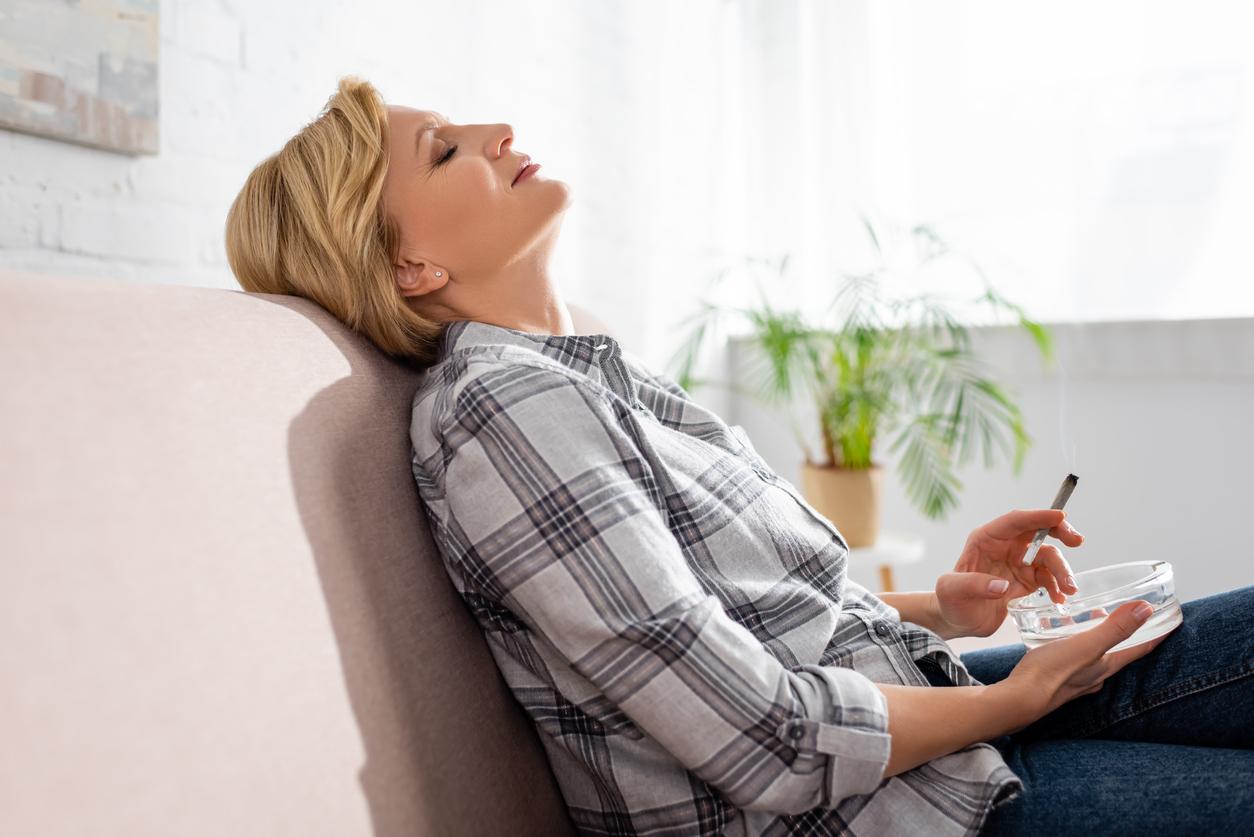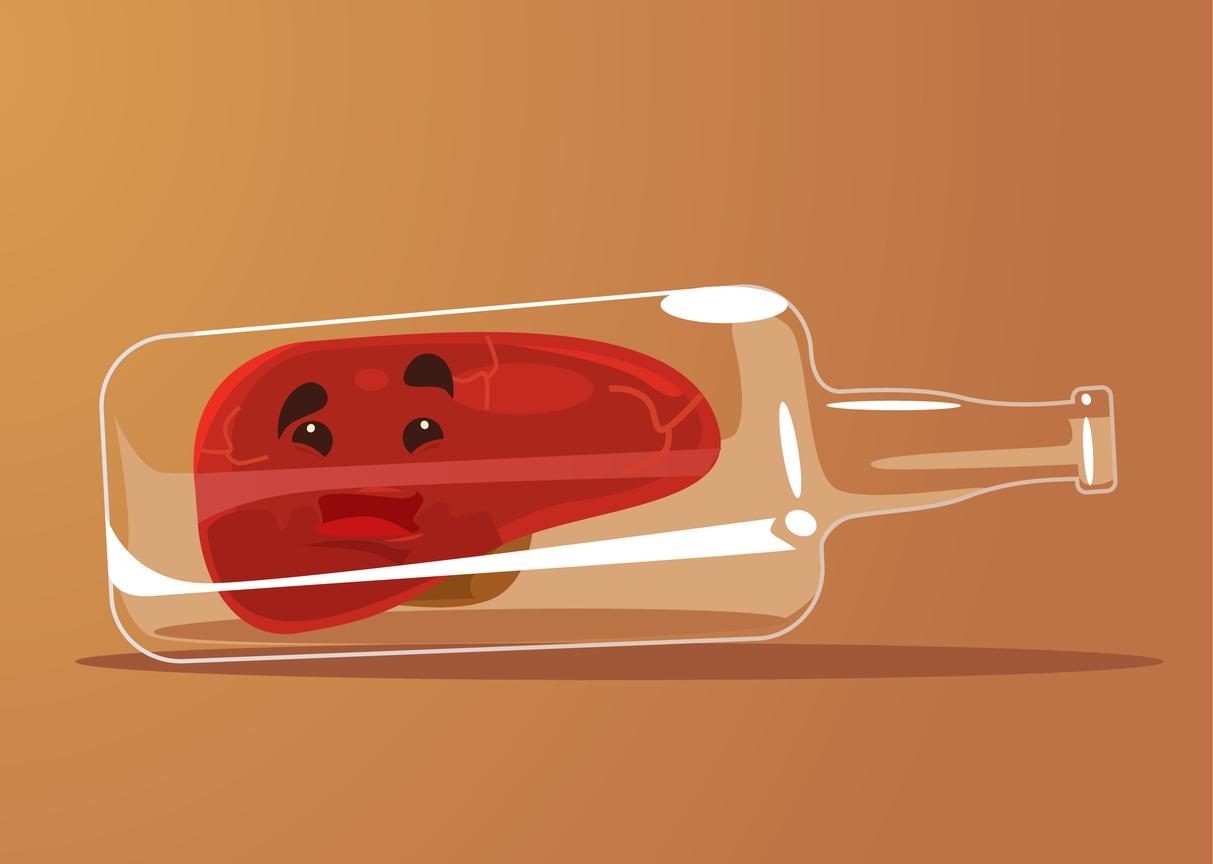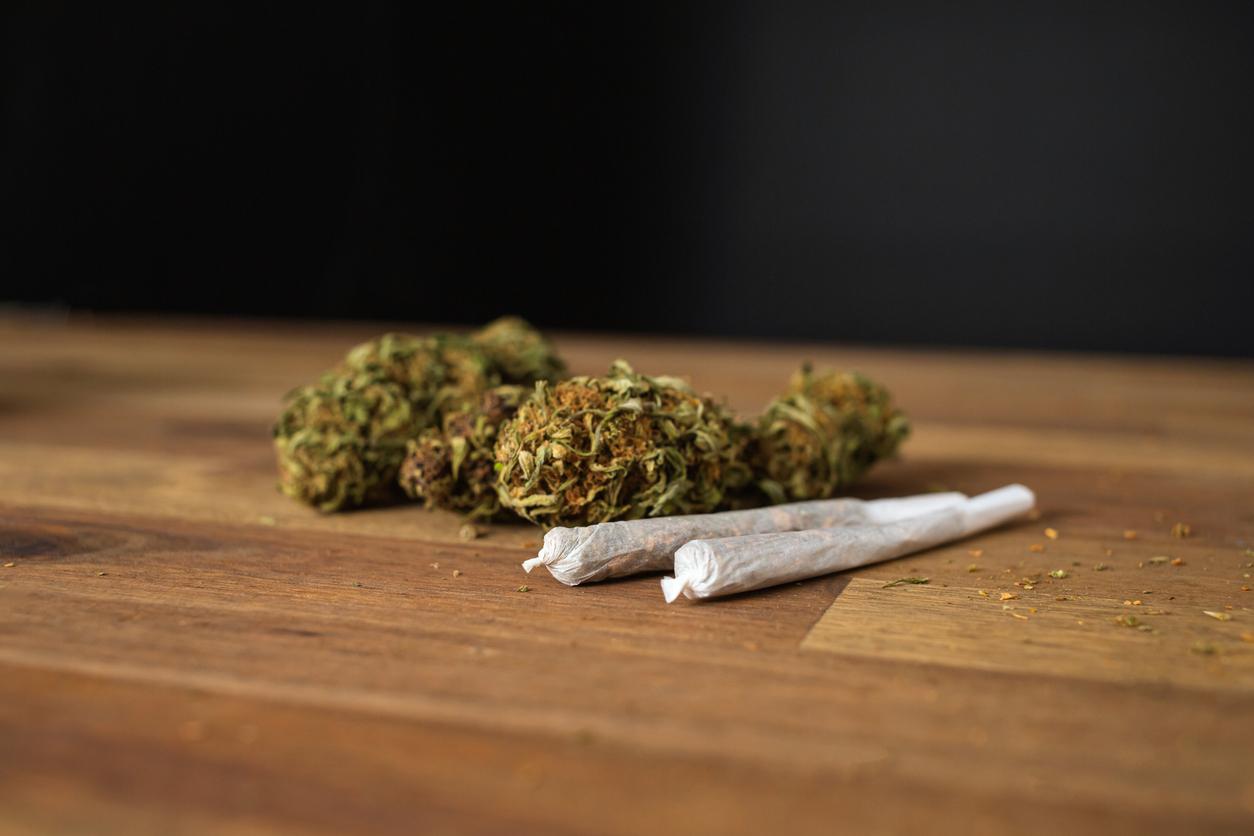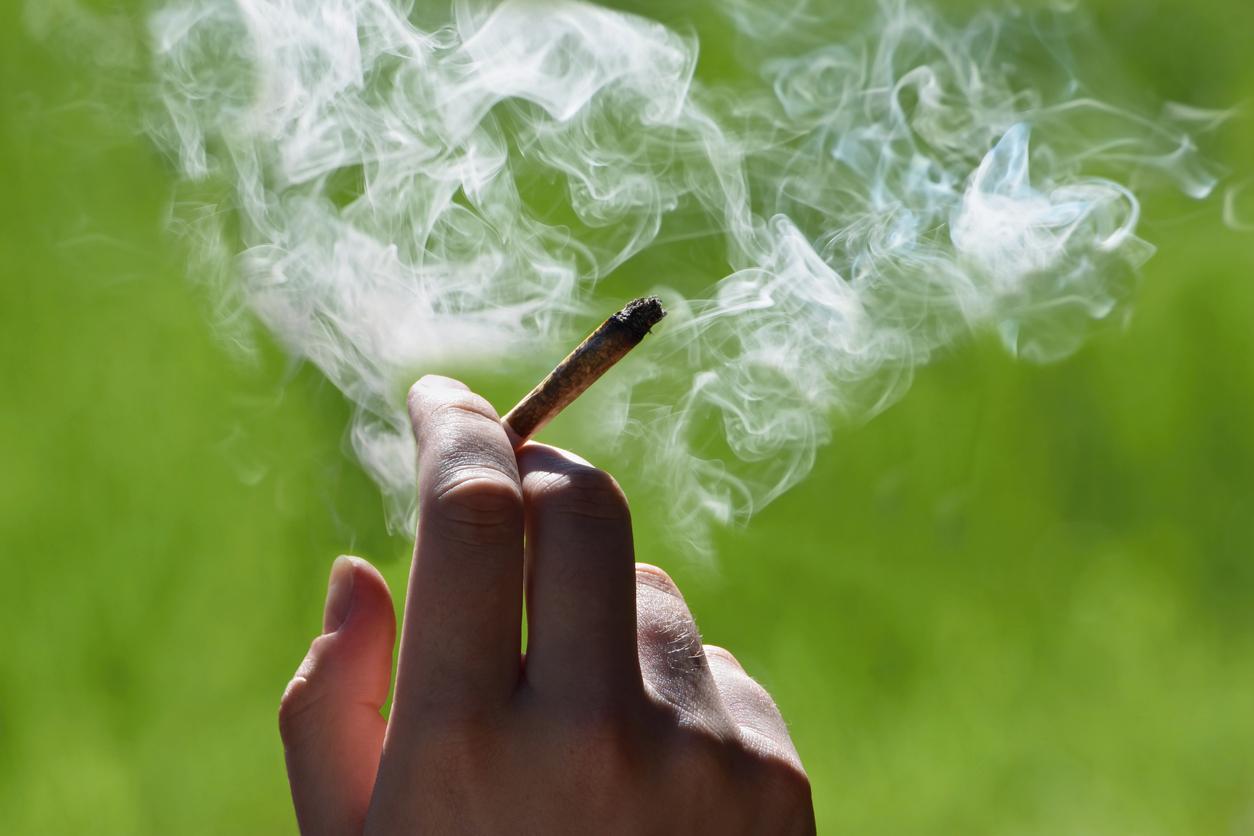How are young people brought to consult?
Young people rarely come voluntarily to the proposed young consumer consultations (see the website of the Interministerial Mission for the Fight against Drugs and Drug Addiction (MILDT): www.drogues.gouv.fr). Most often, they are minors and come pushed by families, after being caught smoking cannabis, drunk, or for screen abuse. We recorded a peak in consultations at the beginning of September, after the experiences of the summer, then at the end of November following the first school report and in April before the bac. At these times, parents open their eyes or are more worried. Sometimes, it is the college or high school that imposes the procedure, or even the police in the event of an offense.
Can parents come to the consultation alone?
Most often, the teenager does not plan to stop his consumption because at the beginning, taking the product brings him the illusion of a solution to his discomfort. Sometimes, therefore, he refuses to come and we receive the parents alone. But it’s never wasted time. We advise them on how to approach the subject with their child. We make them feel guilty by showing them that society is addictogenic, because it facilitates access to substances, legal or not, and promotes ever stronger and faster sensations. They have every interest in making contact as soon as possible and the teenager can come to consult with a better disposition later.
How do you deal with an uncooperative young person?
We reassure him by explaining that we are not going to impose psychotherapy on him. Then we recognize with him, without judging him, that he consumes cannabis (or thealcohol) to party or to escape an awkward situation. Then we suggest that they evaluate their consumption. He claims he’s not addicted, either. But if her parents say the opposite, what about? We also help to weigh the pros and cons. He often admits that he loses control a bit when he smokes or that it isn’t always that pleasant. It is then that he may possibly consider reducing consumption and then stopping consumption, for example by eliminating it during the week, then certain weekends.
Does the discourse on health risks have any significance at this age?
It all depends with who. The fairly balanced teenager usually does not feel concerned and it is better to approach the problem differently. But those who smoke to alleviate a real depression or a fragility are more receptive and we talk to them about the risks of developing a serious mental disorder. We know how to detect its weaknesses and a link with a doctor can be set up.
What are the results?
The young people who come to consult have understood that what they consume is not trivial. 70% of them come back, which is positive. After a second appointment, half admit having reduced their consumption, 60% after a third or fourth consultation. We also discuss the family, friendship and school context because taking these substances cannot be considered in isolation. Suddenly, the young person feels supported overall, not just for one problem in particular, and this encourages him.





